
Agder County Municipality will be an active partner in the project. Agder County Municipality will participate in a yearly steering group and in yearly user-group meetings to discuss and give input on work packages and project development and participate in minimum one study trip to an international learning case.

The participation of The Department of Wind and Energy Systems at the Technical University of Denmark in the WINDREG project is of strategic relevance given the current political and research focus on offshore wind energy.
DTU expect that the activities and results of the WINDREG project will substantially contribute to the evidence base as well as the development of new knowledge and understandings about opportunities and challenges of offshore wind power developments.
The project will open up new approaches towards local acceptance and provide input for
improving licensing procedures and planning frameworks across different administrative
levels to reduce risks and unpredictability of offshore wind expansions.
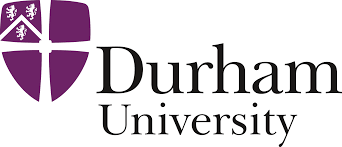
Durham University will participate in the two planned scientific reference group meetings to contribute to the overall research project development and discuss and further theoretical contributions of the project. The project is particularly valuable in its application of multiple energy justice issues to renewable energy development.
Durham University states that the project addresses important concerns about understandings of landscape in the development of wind power, and brings a wealth of scholarship about participatory planning and development to this increasingly urgent question.

Established in 2003, the European Marine Energy Centre (EMEC) Ltd is the world’s
first and leading facility for demonstrating and testing wave and tidal energy converters
– technologies that generate electricity by harnessing the power of the sea. EMEC is
also pioneering the development of a green hydrogen economy and smart local energy
systems.
EMEC would expect to learn and gain a great deal from this project. The project can
contribute with improved understandings across cases in the European context.
Sharing similarities and differences offers improved insight about the international
forefront of societal energy research through communication with the research
partners.
The collaboration with University of Agder also opens opportunities for
collaboration with master and PhD students, which EMEC has always encouraged and
continues to support.

Samsø Energy Academy is a non profit organisation and the main interest of the organisation is to work for a sutainable community development with a high engagement on public participartion and engaged ownership of project and process.
Samsø Energy Academy expect that WINDREG research project will develop new knowledge and understandings about the opportunities and challenges of the off-shore wind power development plans for the region of Agder. The project will contribute to broaden our understanding of how to plan and manage large scale areas and offshore wind development in the region in a broader sustainability perspective to secure political legitimacy.

Equinor is an international energy company committed to long-term value creation in a low-carbon future and are determined to be a global offshore wind energy major.Our purpose is to turn natural resources into energy for people and progress for society.
Equinor has a strong interest in the offshore wind industry being a positive contribution to development of both industry and local communities in Norway. It is important to identify potential conflict areas as early as possible, in order to make necessary mitigations and ensuring that offshore wind development is a success.

GCE NODE is an industry-driven cluster for ocean technologies. Based in Southern Norway,
GCE NODE comprises approximately 115 companies, most of which constitute a worldleading value chain of suppliers to the oil & gas, offshore, energy and maritime industries.
In GCE NODE, companies participate in research, development and innovation projects
which explore common issues that need resolve.
The cluster is dedicated to increasing and facilitating world-class competency by offering
insight into market developments, new industry opportunities and transfer of technology from
the oil & gas sector to offshore renewables and other emerging markets and industries.
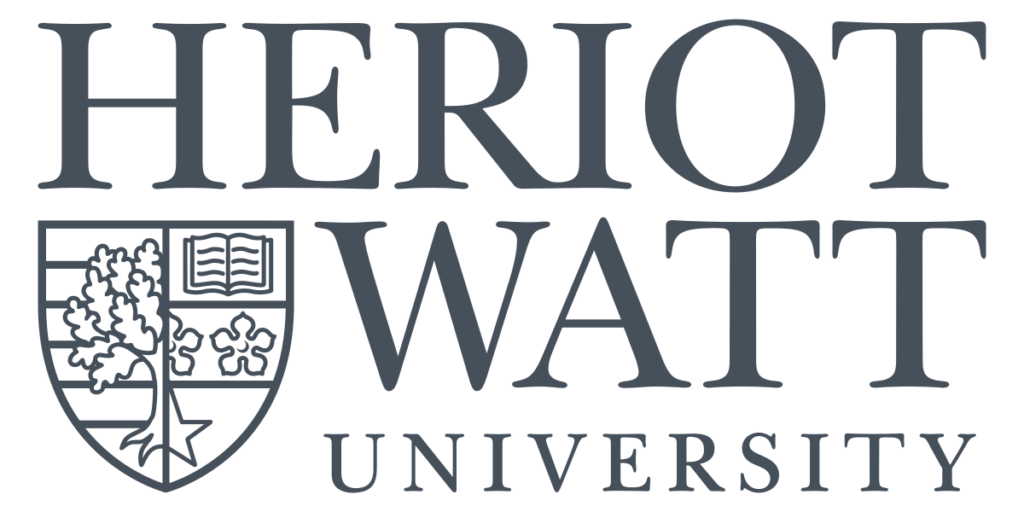
Heriot Watt University will participate in the two planned scientific reference group meetings to contribute to the overall research project development and discuss and further theoretical contributions of the project. The proposed project is both timely and important. The development of Offshore Wind is going to revolutionize thet use of the sea.
Heriot Watt University will contribute with experience and expertise within the field of marine economics and governance.
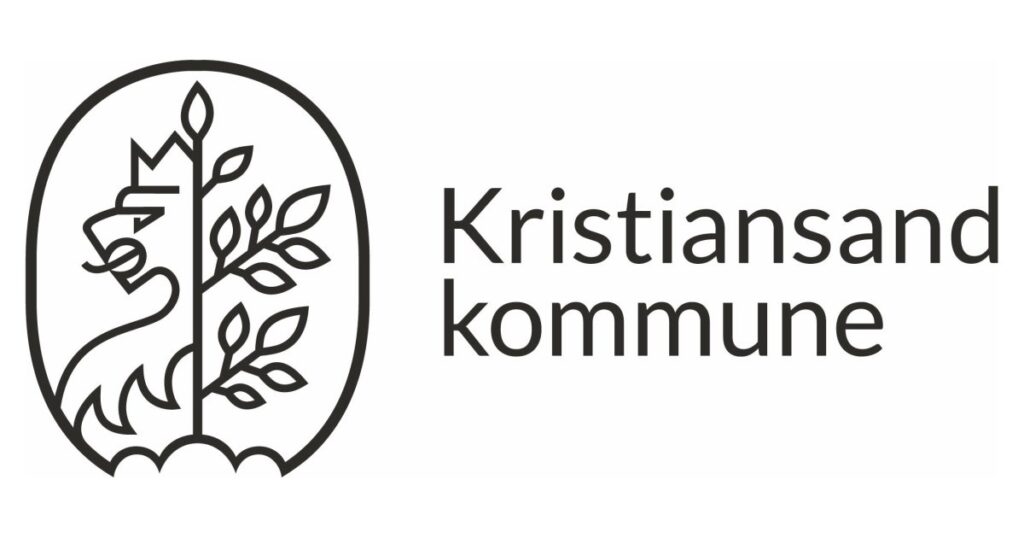
The Kristiansand region is one of the fastest growing regions in Norway, and the city of Kristiansand is the business and cultural capital of Southern Norway. The region boasts a wide range of different sectors and industries, including process industry, oil and gas technology, renewable energy, ICT, cross media, and tourism.
As a technological and educational hub with strong partnerships between the public sector, business and academia, as well as a strong international player in renewable energy technology, the region and the municipality strives to develop and cocreate new skills and competencies important for developing a green economy.
The municipality is internationally oriented as well as a regional driving force, which makes the WINDREG projects connection to international actors and the establishing of a regional user-group, both interesting and relevant. The municipality views collaboration with strong and relevant actors both internationally and in Agder as a premise for developing new future models and tools for planning and management. The collaboration with University of Agder also opens opportunities for collaboration with master and PhD students.
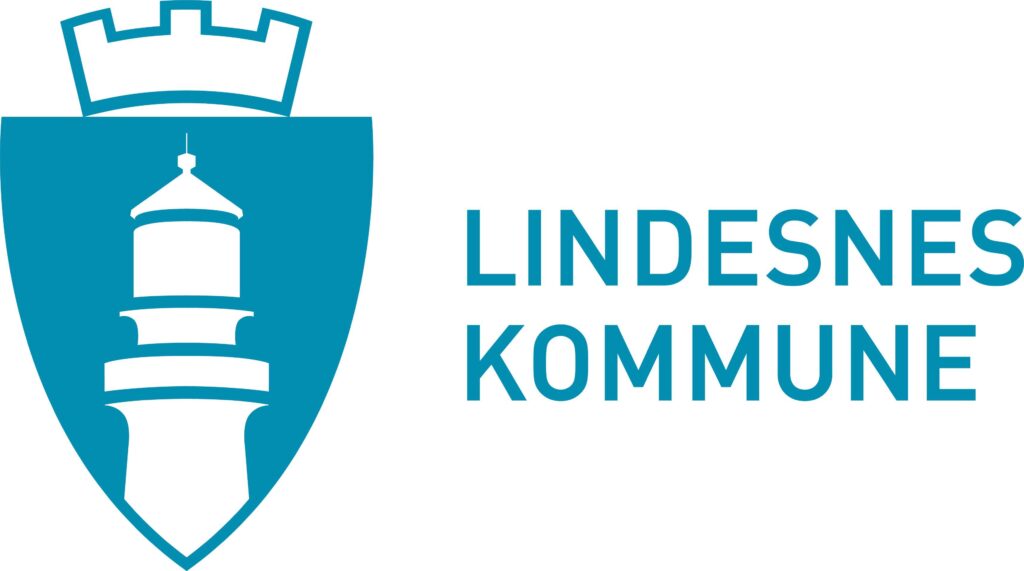
Lindesnes municipality is Norway’s southernmost municipality, with a coastline stretching more than 90 km. The city of Manda! is the municipal center. The municipality has long industrial traditions, in 2018 industry accounted for more than 15 % of the municipality’s jobs.
Dominant industrial sectors are the workshop industry, particularly in Mandal, and the chemical/pharmaceutical industry, both with slightly more than 1/4 of those employed in the industry. Lindesnes also has a long tradition of fishing, and is the county’s second most important fishing municipality measured by the value of the local fishermen’s catches brought ashore. Ten nature reserves have been established for the conservation of seabirds in the municipality.
Lindesnes municipality believe that WINDREG fills an important knowledge gap in Norway and has a potential to engage with relevant stakeholders and generate impact at regional and national level.

Lister Nyskaping AS works toward a stronger Lister region by supporting local businesses. We are a partner in change management, innovation and business development. Through effective processes, we contribute with expertise, financing and network building.
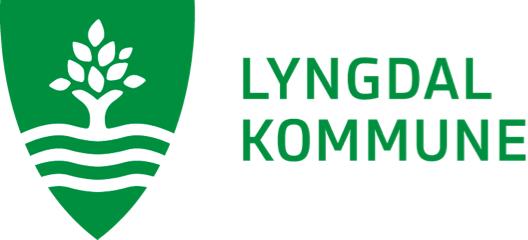
Lyngdal municipality is a municipality in the southern part of Norway in the region of Agder. The municipality has several deep fjords that are currently used for some off-shore related
industry. Lyngdal also houses strong agricultural, and tourism related economic interests.
The municipal plan of Lyngdal is inspired by the SDGs to balance economic, ecological and social sustainability. The municipality aim to facilitate for innovative and co-creative
processes to ensure improved economic growth without harming our environment and
natural resources. Further, we aim to improve welfare and living conditions for all our
inhabitants and secure good local communities and decent work.
Lyngdal has several sites that are relevant for off-shore wind harbor facilities and are
engaged in Southwest that works actively to facilitate for off-shore wind related industry in
the region.

NORCE is an independent research institute that conducts research for both public and private sectors, to facilitate informed and sustainable choices for the future. We deliver research and innovation in energy, health care, climate, the environment, society and technology. Our solutions address key challenges for society and contribute to value creation on the local, national and global levels.
NORCE will participate in the two planned scientific reference group meetings to contribute to the overall research project development and discuss and further theoretical contributions of the project. This research project contributes with important knowledge concerning regional impact of offshore wind developments.
NORCE will contribute with experience and expertise within economics/business/social sciences and my operative experience as project leader of the RCN-funded ImpactWind SouthWest.

Norsk Havvind emphasize openness and cooperation in relation to partners, communities and governments, and are eager to share our perspectives on Norwegian offshore wind as an important future-oriented industry, both in and for Norway.
The company is not dependent on their own technology, but want to use a rapidly evolving market to find the solutions that involve the lowest lifetime cost of the wind farms.
Norsk Havvind is seeking independence in relation to contractors in regard to the development of wind farms, and support building industrial alliances with other developers from project to project.

NTNU is an international oriented university with headquarters in Trondheim and campuses in Gjøvik and Ålesund. NTNU has a main profile in science and technology.
NTNU will participate in the two planned scientific reference group meetings to contribute to the overall research project development and discuss and further theoretical and practical contributions and implications of the project. This research project contributes with a much-needed focus on the regional aspects of offshore wind development.
NTNU will contribute with my experience and expertise which is anchored in a combination of Science and Technology Studies (STS) and sustainability transitions research. Within these domains NTNU have particularly interests in the disconnects between the current drive for rapid innovation and energy system expansion, and the need create legitimacy and just solutions through inclusive processes.
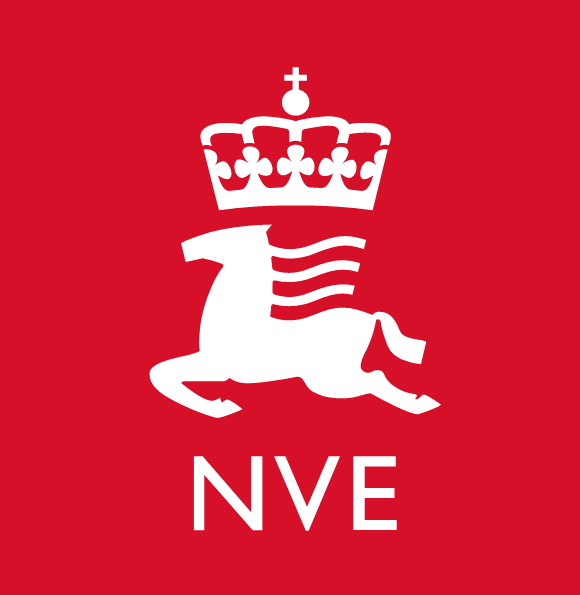
The Norwegian Water Resources and Energy Directorate (NVE) is a directorate under the Ministry of Petroleum and Energy.
NVE will participate in the user group to contribute to the collaboration project development and discuss further contributions of the project. This collaboration project fills an important knowledge gap in the social scientific understanding of the regional consequences and potentials of offshore development. Therefore, from my perspective, WINDREG will increase valuable insight into a recent phase of history of energy.

Oxford Brookes University is one of the UK’s leading modern universities and enjoys an international reputation for teaching excellence and innovation as well as strong links with business and industry.
Oxford Brookes University will participate in the two planned scientific reference group meetings to contribute to the overall research project development and to discuss further theoretical contributions of the project. This research project seeks to fill an important knowledge gap in the social scientific understanding of the regional consequences and potentials of offshore development and the onshore impacts and to further the use of energy justice in a regional context.
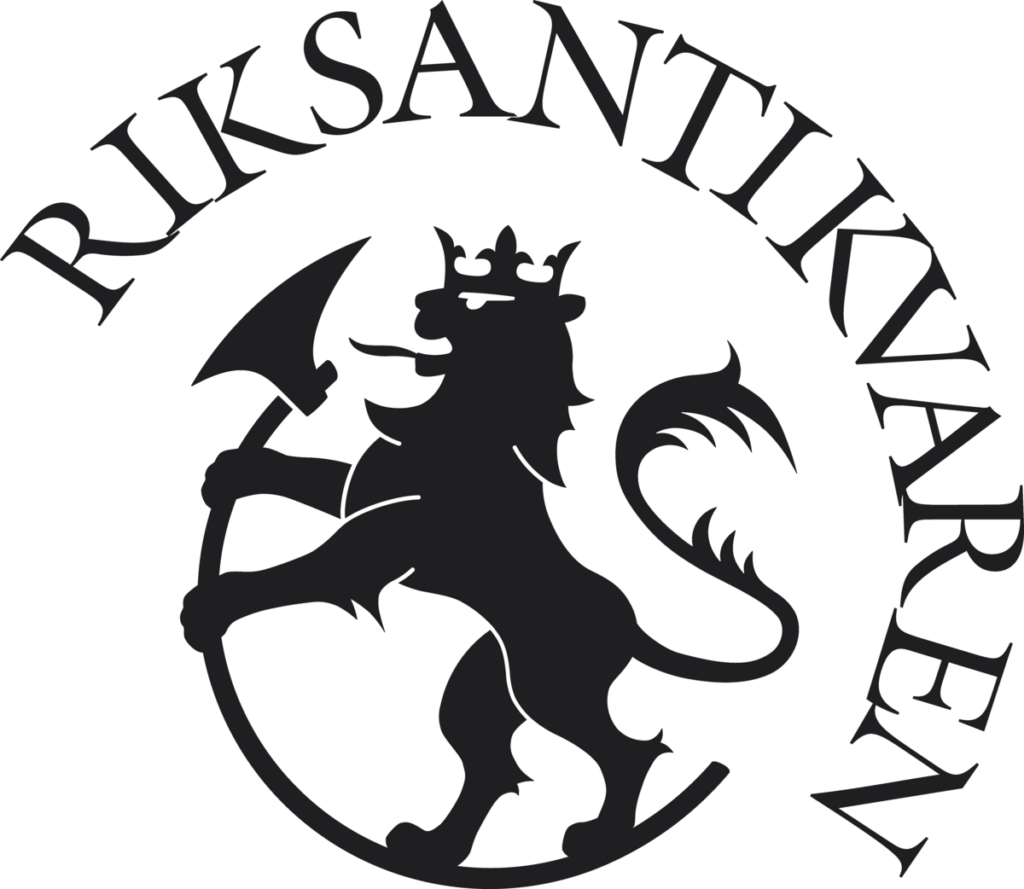
The Directorate for Cultural Heritage is the Ministry of Climate and Environment’s advisory and executive body, and we advise the ministry on all matters pertaining to cultural heritage and cultural environments. The Directorate for Cultural Heritage is the primary authority regarding cultural heritage and is responsible for implementing the national cultural heritage policy. We are professionally responsible regarding the cultural heritage work that takes place in municipalities, county authorities, the Sarni Parliament and the Governor’s Office on Svalbard.
We are the decision-making authority for the protection of cultural heritage monuments and sites, and the administrative appeals body for decisions made by regional cultural heritage management, in the field of cultural heritage. The Directorate for Cultural Heritage has the authority to make an objection in planning cases.

Sabima (The Norwegian Biodiversity Network) is a Norwegian environmental NGO and an umbrella organization for the Norwegian natural history societies, working to halt the loss of biodiversity in Norway by spreading knowledge and propose solutions. We see that offshore wind can create conflict between different interests, and are concerned over how well nature will be taken into account.
New offshore energy ambitions pose opportunities and major challenges for land-use planning, economic models, licensing procedures and energy grid connections – as well as socio-environmental impact assessment There is a need for improved knowledge and expertise to develop improved models, systems and approaches for handling energy transitions and land use changes, regional value integration and governance across multi-scalar actors.

Skeie Eiendom AS is part of Skeie Gruppen AS, and a company working with building an Energy- and offshore wind center at Lumber in Kristiansand. Our intention is to make a cluster for the offshore wind industry in Agder, housing planning- and construction companies for the «Nordsj0 Syd 2» project, like Equinor, lberola, Aker Offshore Wind i.e.
Included in our plans are also to build and facilitate an innovation center for the energy- and wind industry, creating labs and test center in collaborations with wind companies,
lumber.no.
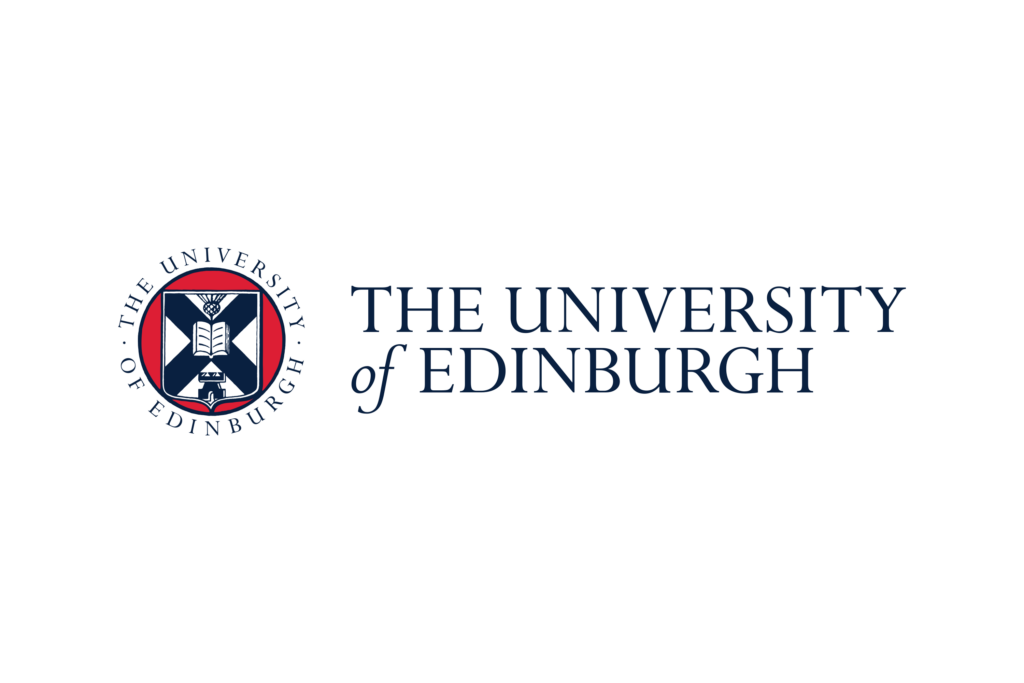
Dr. Kirsten Jenkins of the University of Edinburgh, Scotland, confirms her support for and intentions to participate in the scientific reference group for the research project “WINDREG – Offshore wind and regional futures: challenges and opportunities for energy justice in regional transitions.”
Jenkins will participate in the two planned scientific reference group meetings to contribute to the overall research project development and discuss and further theoretical contributions of the project. This research project contributes with empirical insights into the regional opportunities and challenges associated with large-scale offshore wind energy investment in Norway.
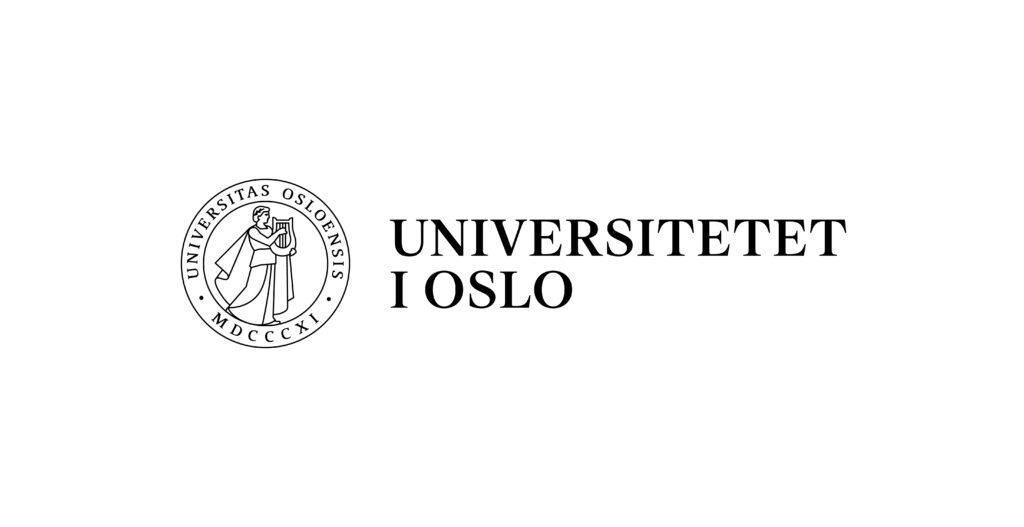
University of Oslo confirms its interest to participate in the research project WINDREG, to be coordinated by the University of Agder. Associate professor Katrine Broch Hauge will in particular participate in Work Packages 1 and 2. This fits in with our participation in FME Northwind and our legal research portfolio in the field of renewable energy and natural resource management.

University of Vienna will participate in the two planned scientific reference group meetings to contribute to the overall research project development and discuss and further theoretical contributions of the project. WINDREG addresses a very timely and highly relevant research gap. The project holds a considerable potential to add to a thorough understanding of the regional consequences and potentials of offshore development – and to further the use of energy justice in a regional context.

Utsira is Norway’s smallest municipality in terms of population, 200 inhabitants. Utsira
facilitates 700 km2 of its total 853 km2 sea areas / marine resources, and thus the only
directly affected municipality.
Utsira Nord is the world’s largest floating offshore wind park to be developed with a focus on technology and innovation. Utsira Nord field will develop 1500MW only 7 km from Utsira
island. Utsira will thus both contribute with sea areas, be a pilot and host municipality for the development of Utsira Nord.
Utsira kommune is a perfect case for this and many other research-projects. We are a
complete microsociety with around 200 inhabitants and all needed services for a good allday life. We are also an exotic place to visit as a small island in the North Sea 70 minutes with
ferry from Haugesund city.
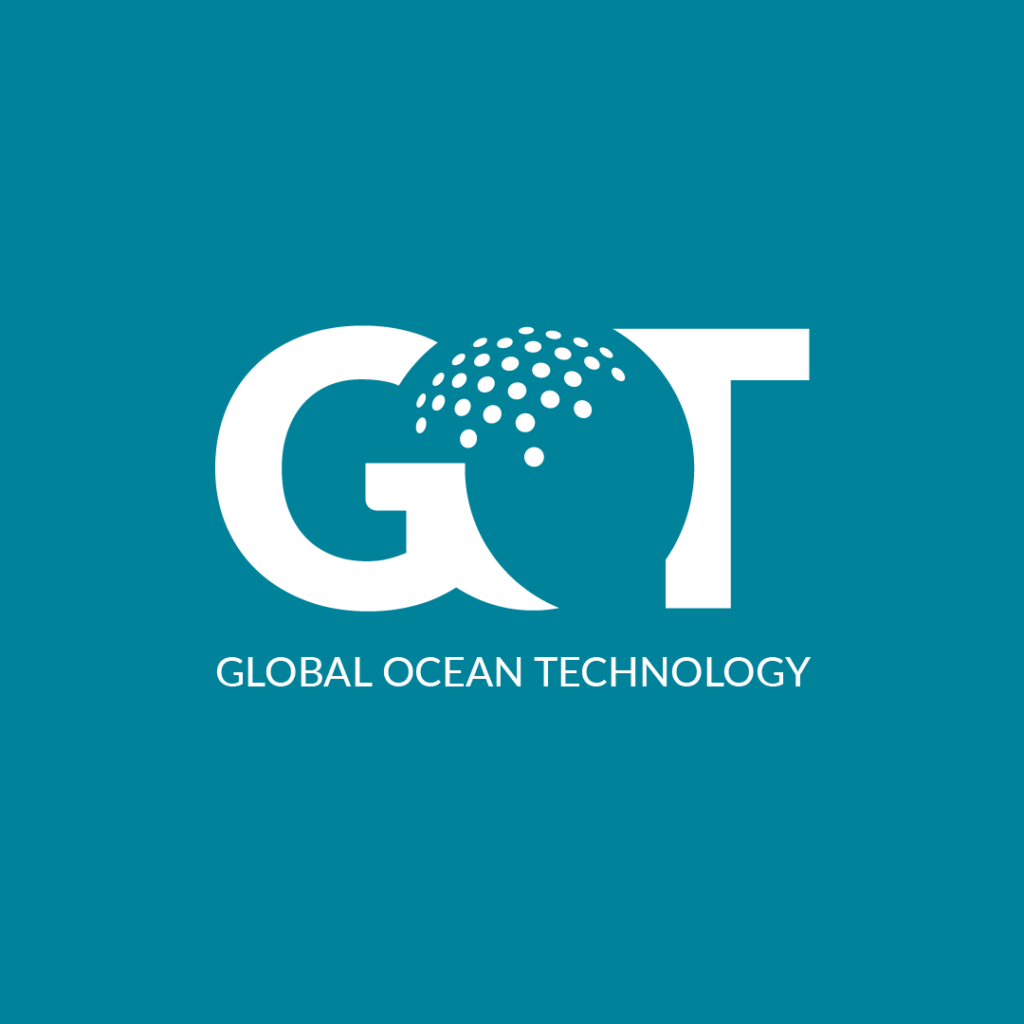
Wind Port Mandal
Global Ocean Technology are proud to announce the launch of “Wind Port Mandal” and the ambition of becoming the preferred O&M Port for Sørlige Nordsjø II. GOT aim for establishing a green O&M Port with net zero emission operation. This will be achieved through smart, safe and efficient logistics based on zero emission- and autonomous solutions. Wind Port Mandal is on of the nearest ports to Sørlige Nordsjø II with very short distance to open ocean. Large areas are readily available for further development with 850 m deep-water quay front and with existing bunkering facility near by with conversion to zero emission fuel.
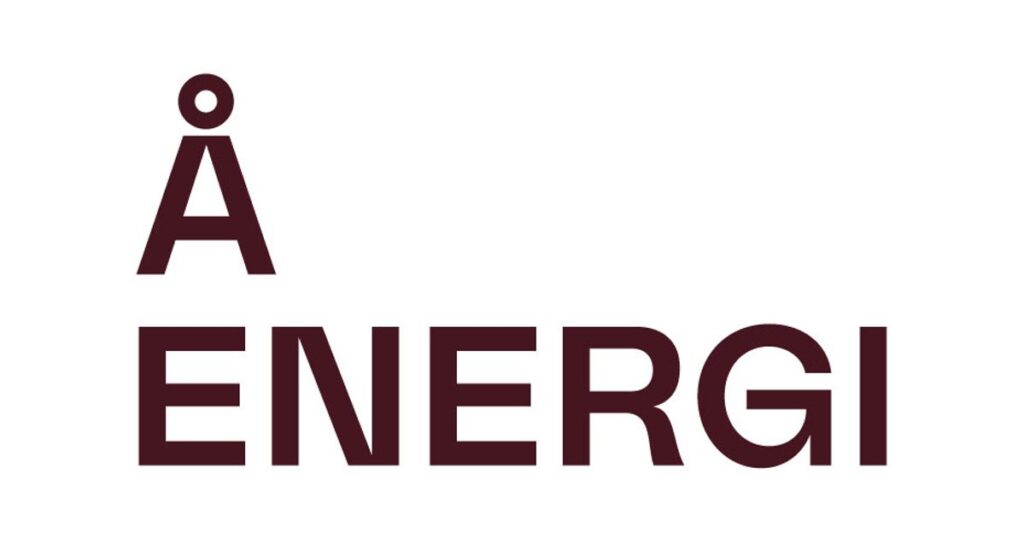
A Energy Group supplies clean, renewable energy so society can prosper now and into the future. Our hydroelectric power will be vital to a successful transition to a fully electric, sustainable society.
Our location, our power stations and grid are close to the North Sea. This will both affect and be affected by the development of large-scale development of offshore wind. A Energi also has ambitions to take positions in the development and management of offshore wind and contribute to this happening in a sustainable way.
